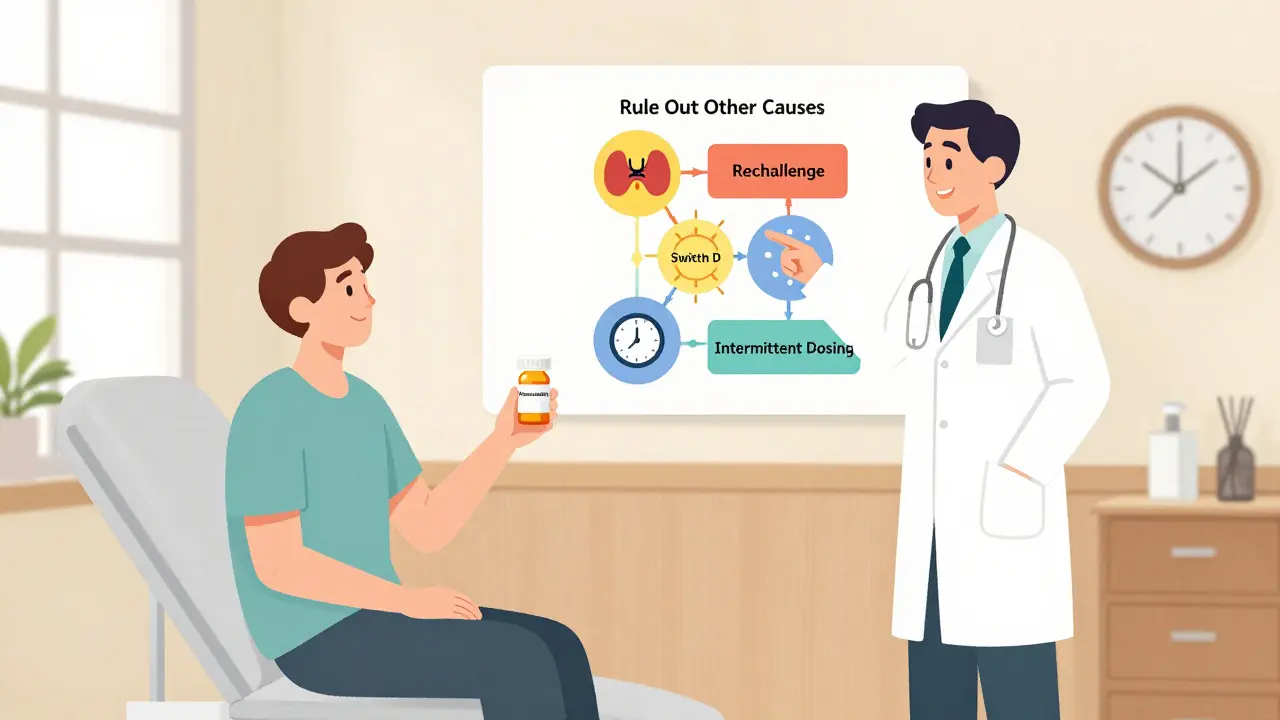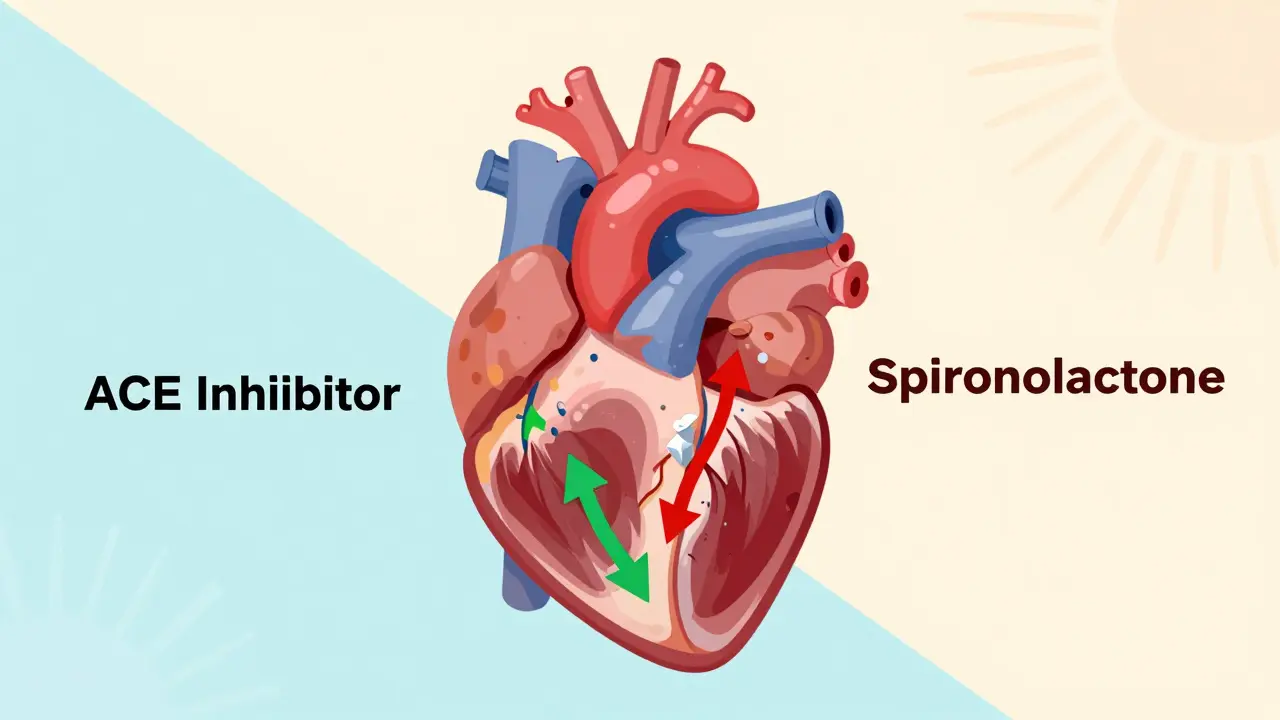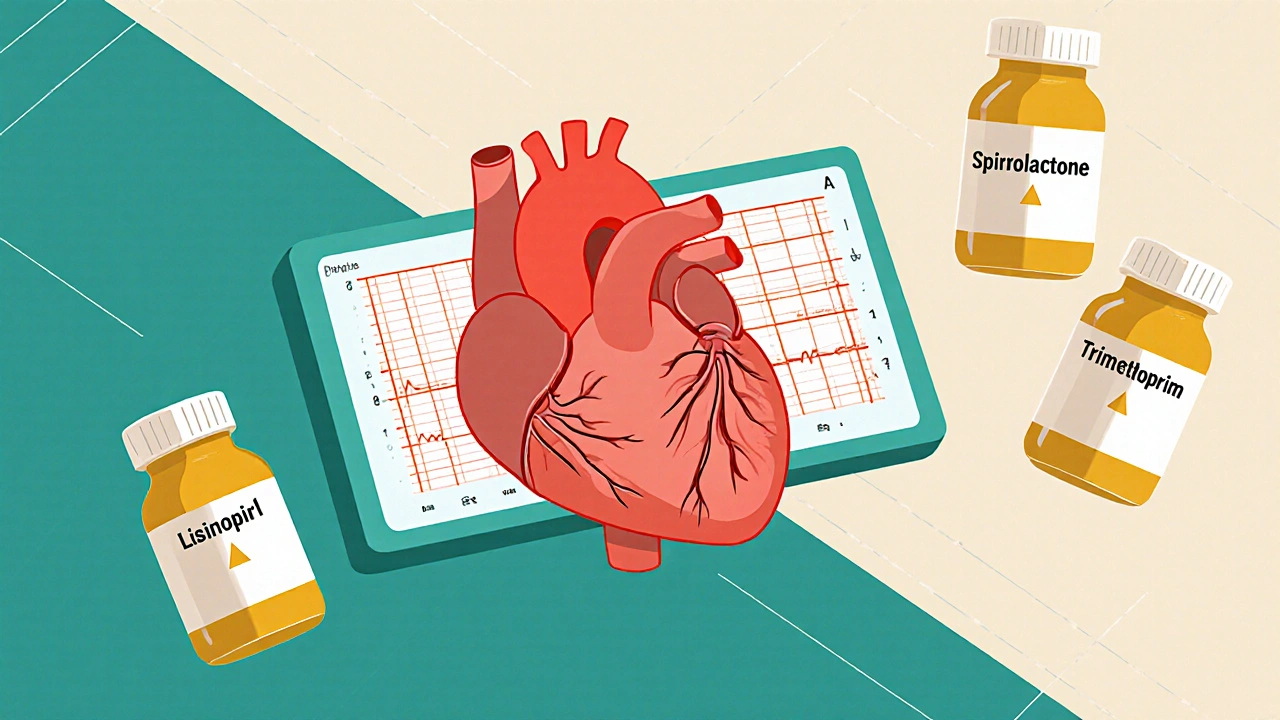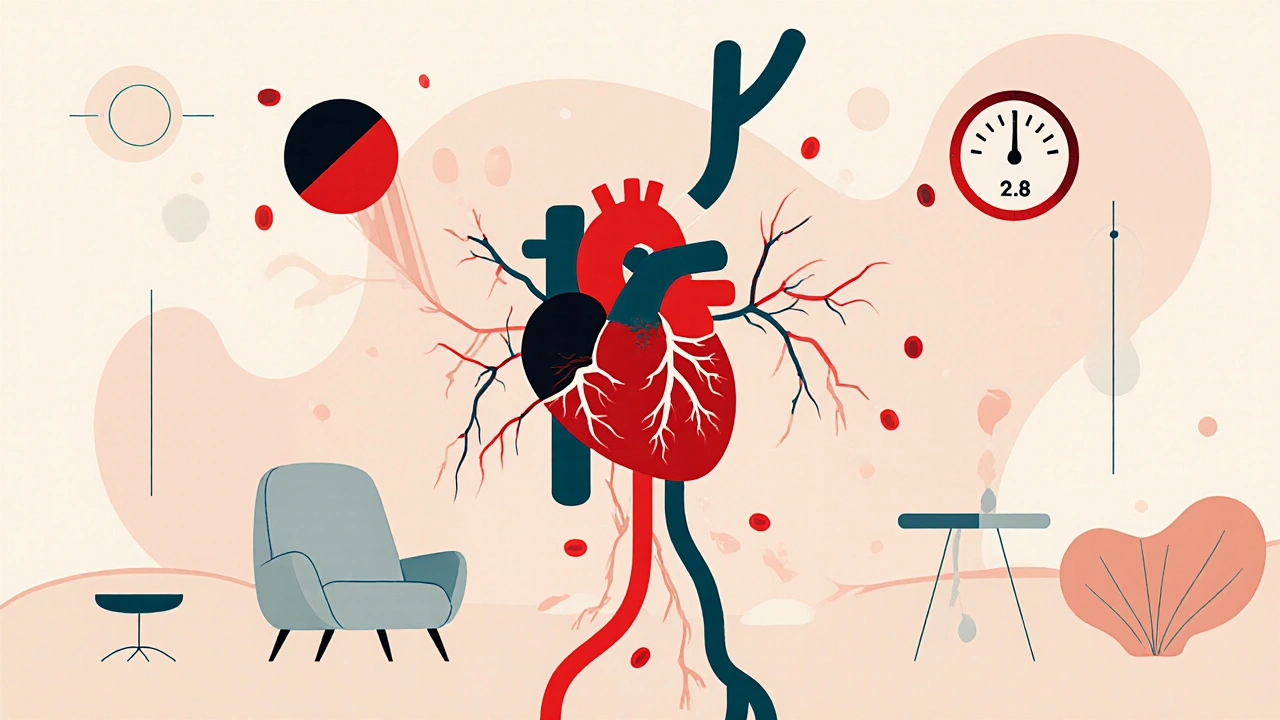Cardiology – Practical Heart Health Guides & Medication Tips
Welcome to our cardiology hub. If you’ve ever wondered why your chest feels odd or how a pill can protect your ticker, you’re in the right place. We keep things simple: plain facts, real examples, and easy steps you can use today.
First off, knowing what’s going on inside your heart matters. Even small changes—like shortness of breath after stairs—can signal something worth checking. Spotting symptoms early helps you avoid bigger problems later. That’s why we break down each condition into bite‑size pieces you can understand without a medical degree.
Why Understanding Cardiac Conditions Matters
Heart conditions come in many shapes: high blood pressure, arrhythmia, heart failure, and more. Each has its own warning signs and treatment plan. For example, left ventricular dysfunction means the main pumping chamber isn’t working as well as it should. It’s a key player in heart failure, but with the right meds you can improve function and feel better.
Speaking of meds, let’s talk about beta‑blockers. These drugs slow your heart rate and lower blood pressure, easing the strain on a weak ventricle. In our article “Beta-Blockers in Left Ventricular Dysfunction: What You Need to Know,” we explain how they work, who benefits most, and common myths that cause confusion. Real patient stories show you what to expect—no vague theory, just practical insight.
Got questions about dosage? We’ve got answers. The right amount depends on age, weight, kidney health, and other meds you might be taking. Always start low, go slow, and let your doctor adjust based on how you feel. If you notice dizziness or unusual fatigue, it’s a sign to talk to your healthcare provider.
Top Topics in Our Cardiology Section
Besides beta‑blockers, we cover:
- Angina and chest pain: what triggers it and when to call emergency services.
- High cholesterol: diet tweaks, statin basics, and natural supplements that really help.
- Atrial fibrillation: spotting irregular beats and options from medication to ablation.
- Heart‑healthy lifestyle: simple exercise routines, stress‑busting habits, and sleep tips.
Each topic comes with a short guide, key takeaways, and FAQs. We avoid medical jargon so you can focus on what matters: how to keep your heart running smoothly.
What’s the best way to use this page? Scan the headings that match your concern, read the quick facts, then dive into the full article if you need more depth. Bookmark the sections you find most useful—you’ll save time next time a question pops up.
Remember, knowledge is power but it works best with action. If you spot a symptom, schedule an appointment. If a doctor mentions a new drug, check our guide to see how it fits your routine. And if you’re already on treatment, use our tips to stay on track and avoid common pitfalls.
We keep updating this space as guidelines evolve. That means the information you read today reflects current best practices, not outdated advice. Your heart health journey is personal; we’re just here to make the road clearer.

Sodium and Hypertension: Practical Ways to Lower Intake
Learn practical, science-backed ways to reduce sodium intake and lower blood pressure. Discover where hidden sodium hides, how to read labels, and how the DASH diet can help-without drastic changes.
Read More
Wearable ECGs for QT Safety: Real-Time Risk Detection
Wearable ECG devices like the Apple Watch and KardiaMobile 6L now enable real-time QT interval monitoring, helping detect dangerous heart rhythm risks from medications. Learn how they work, who benefits, and what’s next.
Read More
Statin Intolerance Clinics: How Structured Protocols Help Patients Tolerate Cholesterol Medication
Statin intolerance clinics use structured protocols to help patients who experience muscle side effects from cholesterol-lowering drugs. Learn how rechallenge, switching statins, and non-statin options restore therapy safely and effectively.
Read More
ACE Inhibitors with Spironolactone: What You Need to Know About Hyperkalemia Risk
Combining ACE inhibitors with spironolactone reduces heart failure deaths by 30% but raises hyperkalemia risk. Learn who’s most at risk, how to monitor potassium safely, and when to adjust - not stop - the medication.
Read More
Dangerous Hyperkalemia from Medications: Cardiac Risks and How to Treat It
High potassium from common heart and kidney meds can trigger deadly heart rhythms. Learn which drugs cause it, how to spot the warning signs, and how new treatments let you stay on life-saving medications safely.
Read More
Clotting Disorders and Anticoagulation: Understanding INR, DOACs, and Safety
Learn how INR monitoring and DOACs work for clotting disorders, their safety risks, cost differences, and who should use each type of blood thinner. Understand real-world trade-offs and what to ask your doctor.
Read More
Combination Cholesterol Therapy with Reduced Statin Doses: A Smarter Way to Lower LDL
Combination cholesterol therapy with reduced statin doses offers a safer, more effective way to lower LDL levels-especially for high-risk patients. Learn how pairing a moderate statin with ezetimibe outperforms high-dose statins alone.
Read More
Beta-Blockers in Left Ventricular Dysfunction: What You Need to Know
Beta-blockers play a big role in managing left ventricular dysfunction, especially when it comes to heart failure. This article breaks down how these medications work, who benefits from them, and some tips for getting the most out of treatment. You'll also find common myths busted and hear about real experiences from patients. If you or someone you know is dealing with left ventricular issues, this guide helps cut through confusing info so you can make smarter decisions.
Read More